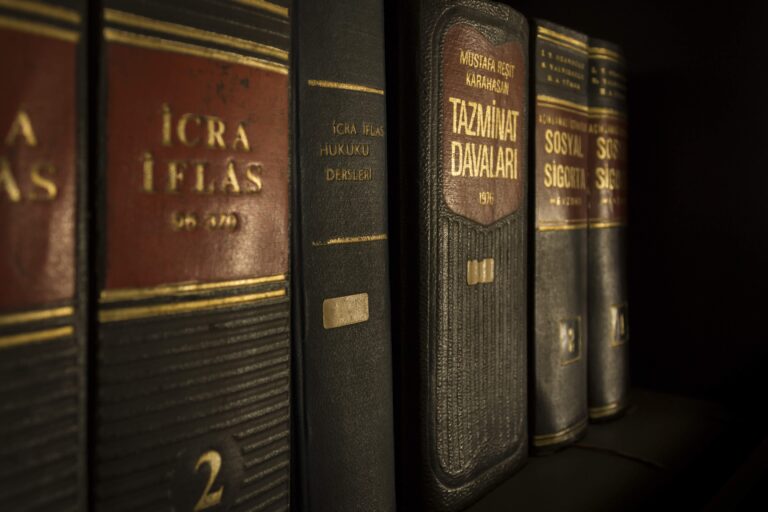Magistrates have the power to dismiss charges for defendants who were of unsound mind or unfit for trial under s 172 of the Mental Health Act 2016 (Qld). For s 172 to apply, the Court must be reasonably satisfied on the balance of probabilities that:
- The defendant was of unsound mind at the time of the offence or unfit for trial;
- The Mental Health Assessment is not in dispute;
- The charge is a simple offence – this includes indictable offences that can be dealt with summarily.
A person is considered to be of ‘unsound mind’ when they do not have the capacity to understand or control their actions, primarily as a result of mental health, or disability. A person may be ‘unfit for trial’ if they cannot comprehend the nature of the charge, instruct their solicitor or understand the significance of telling the truth in court.
A report outlining a defendant’s mental health/ disability may be sought from an independent expert, or free through the Court Liaison Service. This report is required to assist Magistrates in reaching a decision regarding dismissal. Once a report has been obtained by a Mental Health professional, the matter is listed for hearing under s 172 of the Mental Health Act.
Recently, Tyronne Thomas acted for two clients that proceeded to an s 172 hearing. On both occasions, he applied to the Presiding Magistrates for his client’s charges to be dismissed. The first client’s charges were dismissed on the basis that he did not understand the court process and was not fit for trial due to an intellectual disability. The second client’s charges were dismissed on the basis that he was of unsound mind at the time of the commission of the offences, i.e., he was deprived of his capacity to know that he ought not to do the act or omission subject to the offences.
The blog published by Rostron Carlyle Rojas Lawyers is intended as general information only and is not legal advice on any subject matter. By viewing the blog posts, the reader understands there is no solicitor-client relationship between the reader and the author. The blog should not be used as a substitute for legal advice from a legal practitioner, and readers are urged to consult RCR on any legal queries concerning a specific situation.



